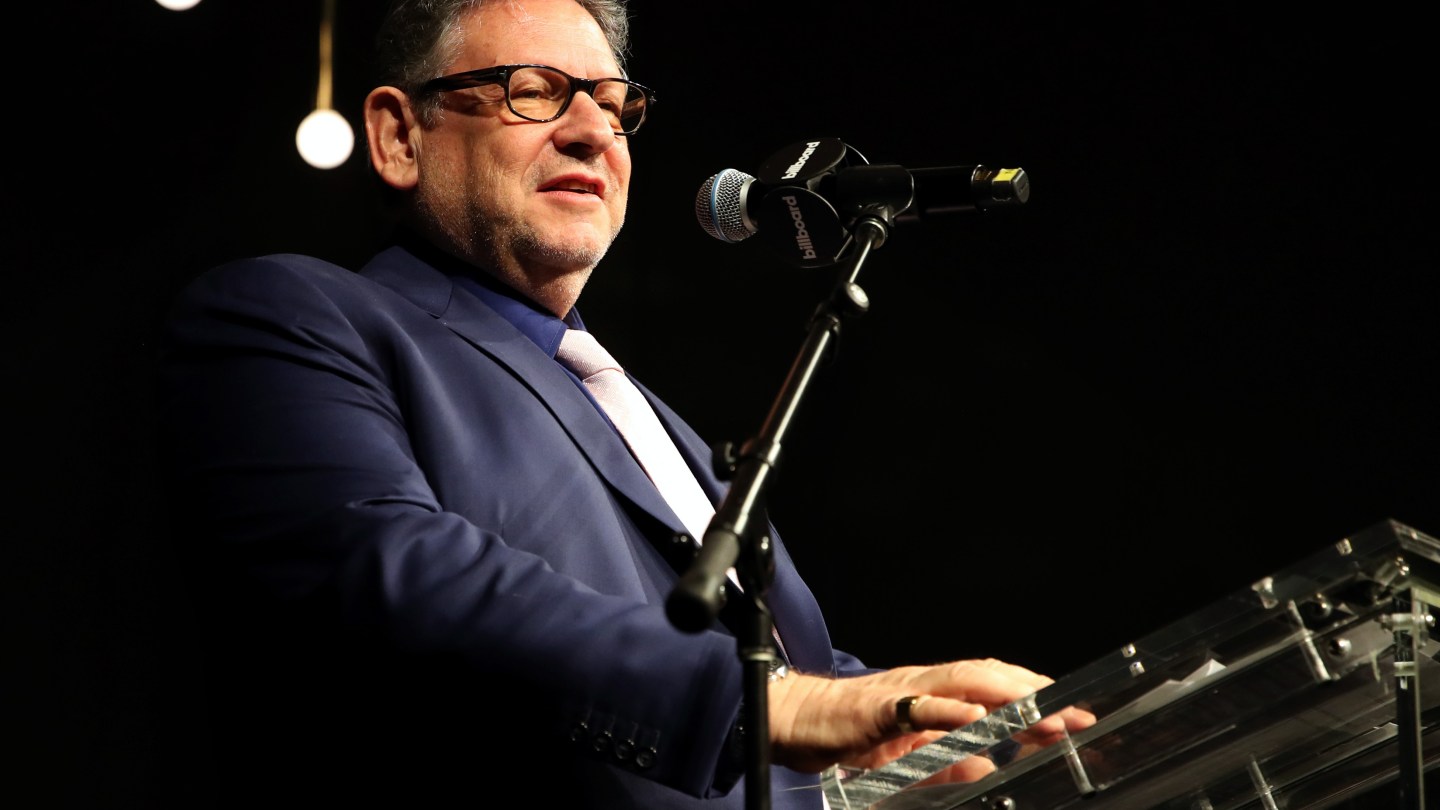The Supreme Court has agreed to consider a major challenge to the legal precedent that internet service providers are liable for piracy by their users.
Such precedent has been the foundation of a yearslong campaign from music labels and production companies to curb piracy by suing the gatekeepers to the internet for turning a blind eye to users who illegally download content.
In 2019, a Virginia jury awarded labels — including Sony Music Entertainment, Warner Music Group and Universal Music Group — $1 billion in a lawsuit against Cox Communications. The verdict was later overturned by a federal appeals court, which upheld the finding that internet providers are at fault for refusing to terminate connections that’ve previously been used for copyright infringement but that the amount of damages awarded in the trial wasn’t justified.
The case asks who bears responsibility for piracy. By the thinking of rightsholders, internet providers are liable for future infringement once it’s aware of at least two instances of piracy. They’ve argued that refusing to throw a home or business off the web essentially facilitates illegal downloading.
That line of argument, which courts and juries have largely agreed with, have fueled lawsuits against the likes of Verizon Wireless, AT&T and Comcast, among others, for allegedly facilitating mass piracy of their movies. And if they opt not to settle — like those companies did in a 2022 lawsuit from the production companies behind Dallas Buyers Club, I Feel Pretty and Colossal — massive damages are in play. Three years ago, a Texas jury awarded Universal Music Group and other labels more than $46.7 million in a lawsuit against Astound Broadband, which was forced to pay roughly $33,000 for each song that was infringed upon. In 2024, a collection of labels sued Verizon for an estimated $2.6 billion.
Internet providers, however, argue that the courts have installed a draconian legal regime that essentially forces them to entirely terminate service for a universe of legitimate users. In the lawsuit from the labels, Cox was found liable for infringement by anonymous users across 57,000 of its internet connections because the music companies sent it automated notices alleging that those connections were used to pirate songs.
“The only way Cox could have avoided liability was by terminating those 57,000 internet connections,” stated its petition for review by the Supreme Court. “That means terminating entire households, coffee shops, hospitals, universities, and even regional internet service providers (ISPs)—the internet lifeline for tens of thousands of homes and businesses—merely because some unidentified person was previously alleged to have used the connection to infringe.”
The Digital Millennium Copyright Act, passed in 1988, criminalizes services intended to circumvent measures that control access to copyrighted works. It provides protection from liability for services providers but rightsholders have successfully argued that there’s no safe harbor under the law since it only shields companies if they’ve adopted and implemented policies that provide for the termination of accounts held by repeat offenders. Labels maintain that internet providers aren’t doing enough. One example: Comcast says under its policy that it’ll boot repeat infringers but only counts the number of violations a customer receives in a single month rather than counting the total number of violations.
A worst case scenario for the music publishers involves a finding that service providers aren’t liable for supplying a service with knowledge that it’ll be used to commit copyright infringement. Such a ruling would significantly undercut one of the primary avenues utilized by the entertainment and media industries to curb piracy.
“We are pleased the U.S. Supreme Court has decided to address these significant copyright issues that could jeopardize internet access for all Americans and fundamentally change how internet service providers manage their networks,” said Todd Smith, spokesperson for Cox Communications, in a statement. “Today’s development supports our goal of protecting consumers, preserving open internet access, and ensuring that broadband remains a reliable resource for the communities we serve.”
